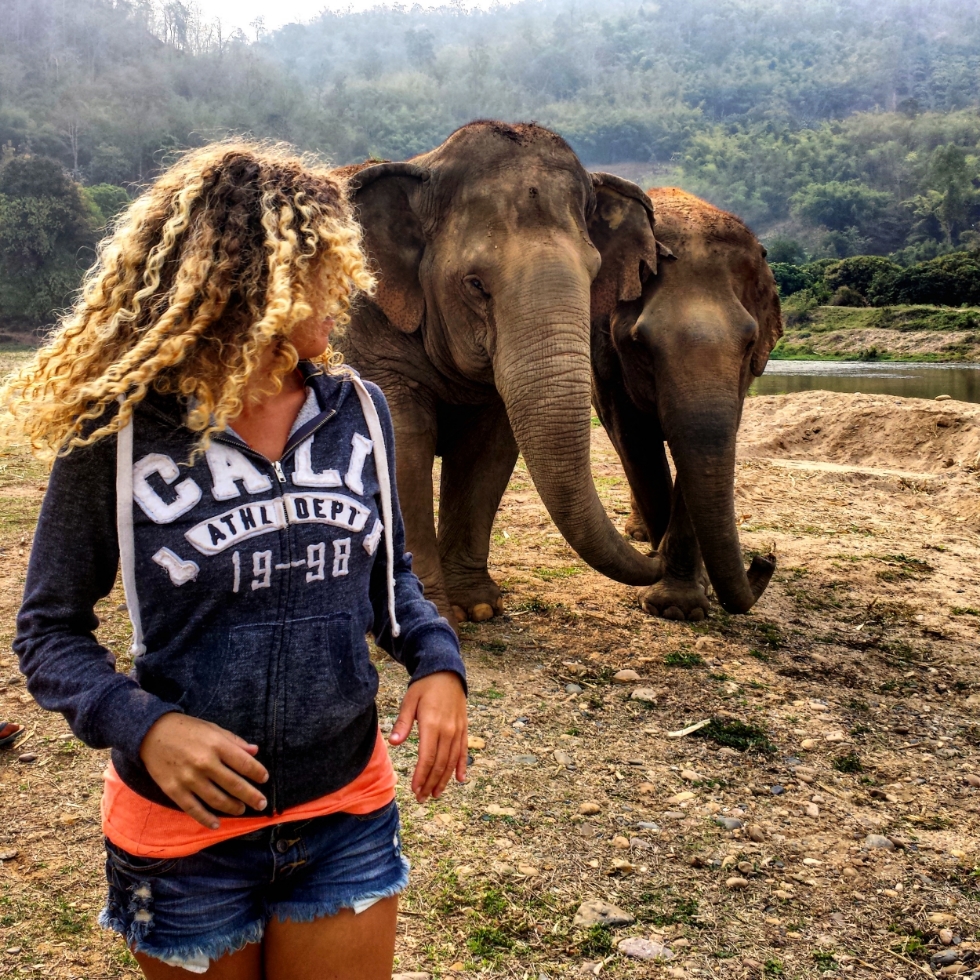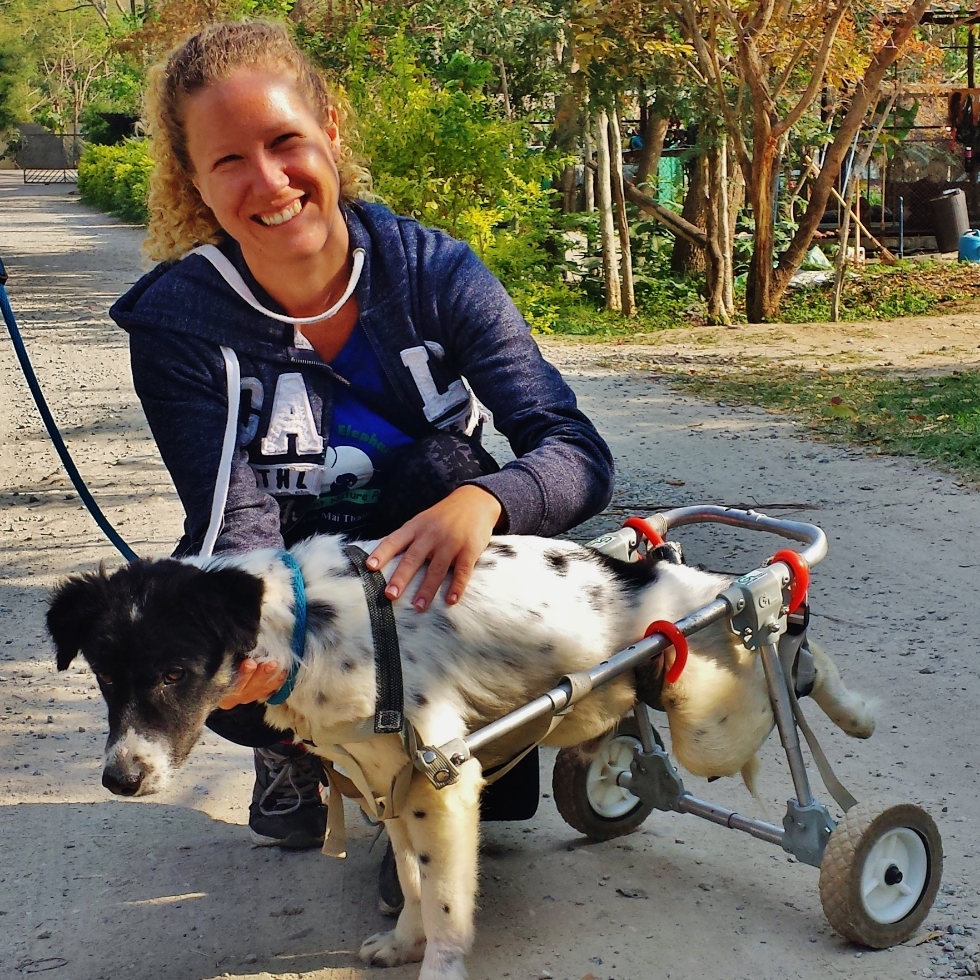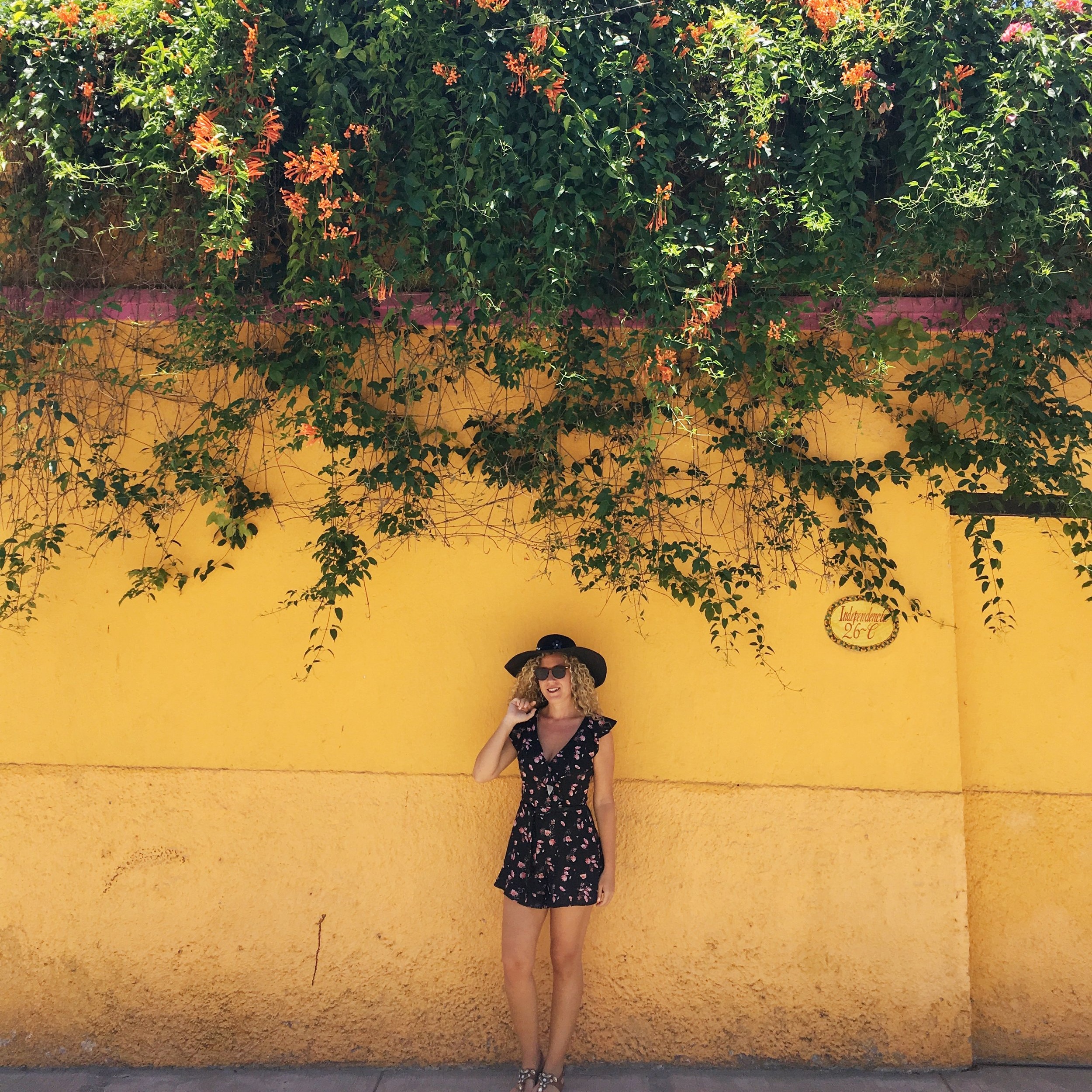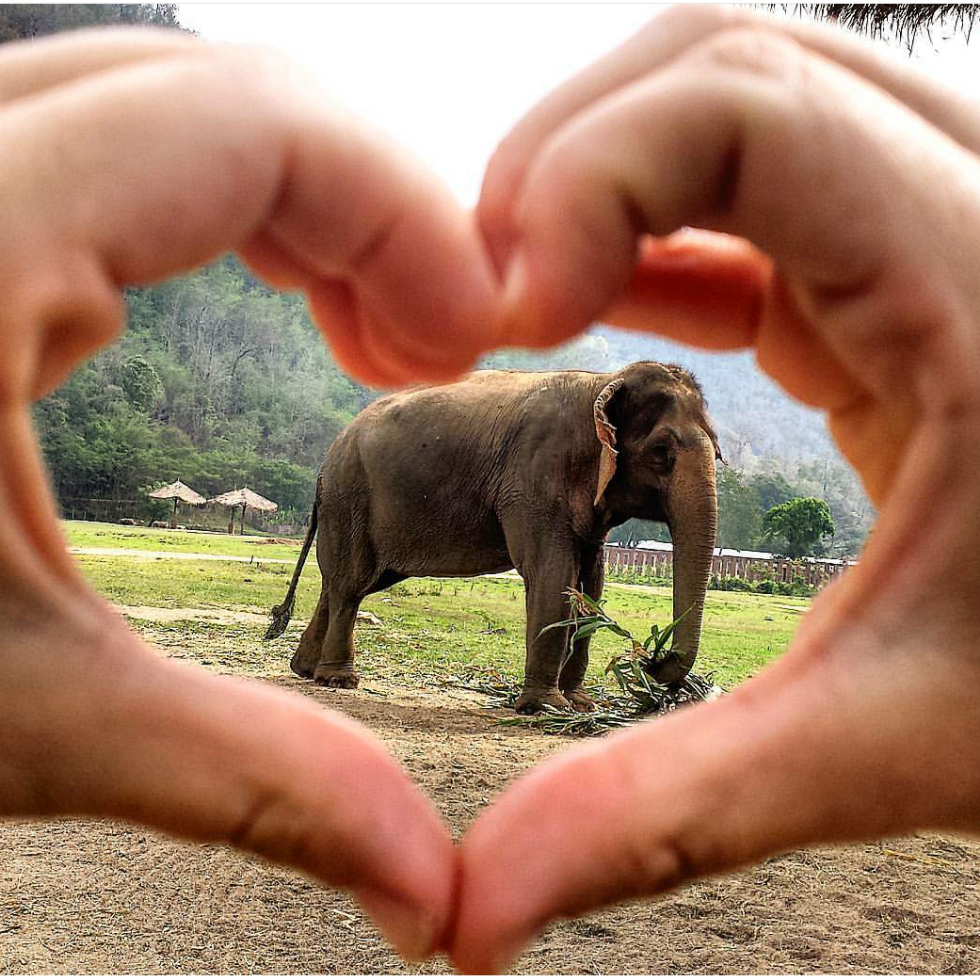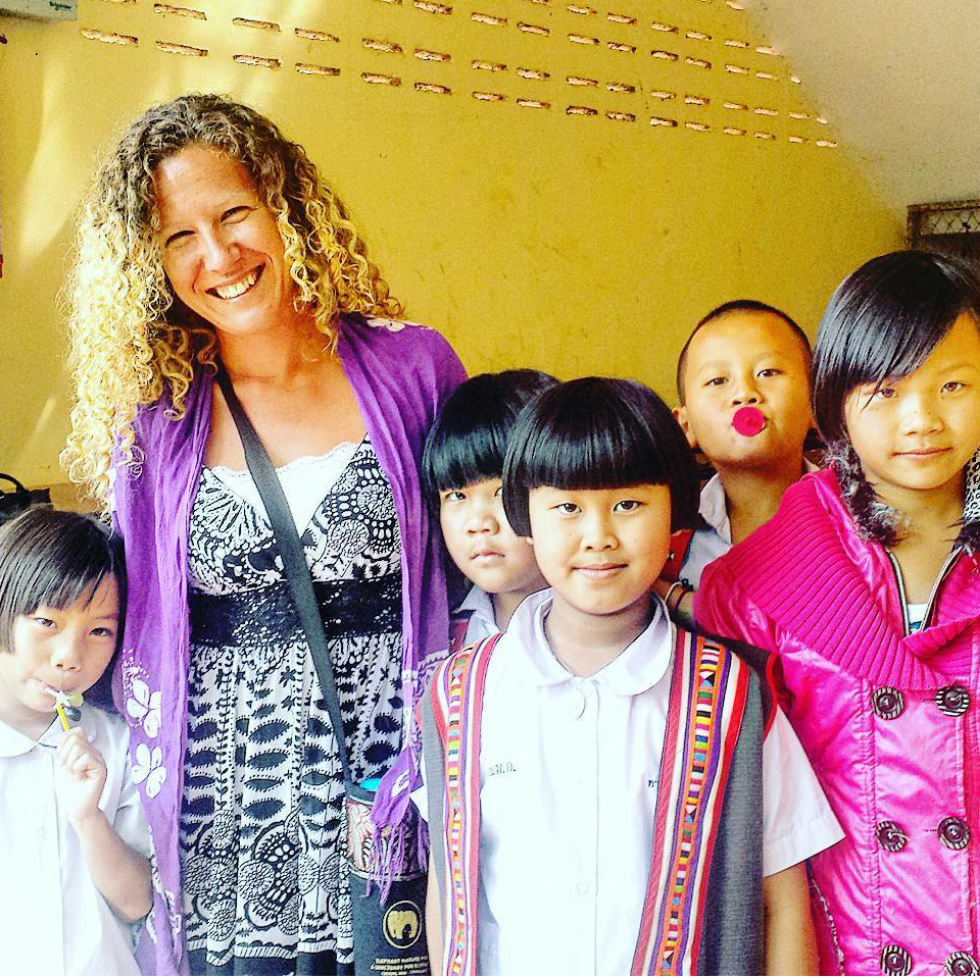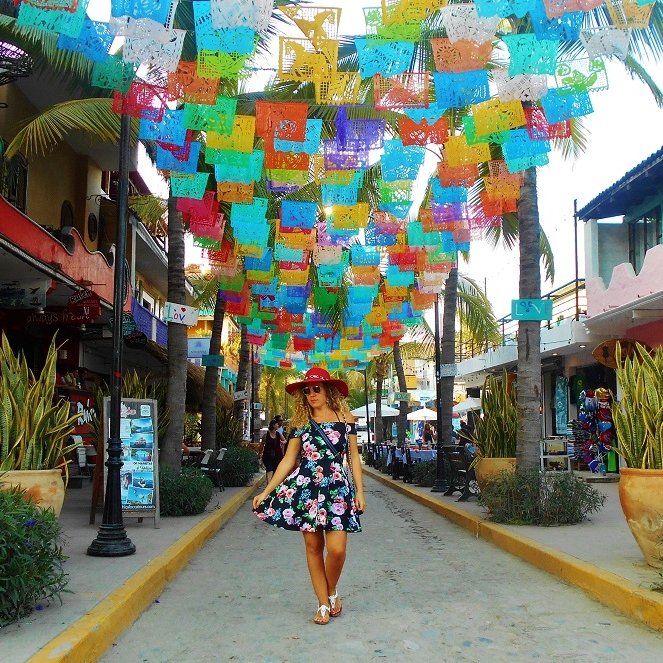Afraid to travel to a new Deztination because you don't speak the language?
Check out my tips on communicating with locals, navigating public transportation & body language awareness tips for safety & respect to the culture!
Signs & Directories
Less than 48 hours out of the country and I had yet to run into a situation I couldn’t solve because of an inability to speak the language.
Most airports, hotels or street signs have the wording written in their language with English beneath it.
Shanghai, China
When I ran into situations where there were no English directories, I used gestures and references to help communicate what I needed.
One of the biggest learning curves for myself as an American is adjusting to the metric system.
Of course, Americans are taught this in school, but when considered in everyday conversions (height, weight, distance & dollars), my brain had a tendency to get a little boggled by the end of the day.
I continued to keep my conversion apps handy, and mostly used ones that were accessible offline.
Body Language & Gestures
Sometimes understanding the accents is challenging, but body language and directional ques seems to be consistent through the cultures.
I do recommend Googling the do’s and don’ts for gestures and communication in every country before you arrive.
Simple hand gestures like the Shaka in Hawaii and the thumbs up on the mainland are great ways to positively communicate with someone in those areas. However, a thumbs up in the middle east is like saying “I plan to take this thumb and shove it up your…”
You get the idea.
Backpacking, Hitchhiking & Transportation
Good communication while traveling is imperative.
The cost of getting lost when on the road, traveling solo and now stuck somewhere unfamiliar, or the many other unexpected travel happenstances, can be rather expensive.
However Southeast Asia is set up for beginning backpackers and tourists, using stickers, name cards, excellent communication and genuine care for the travelers safety and destination.
I remember traveling from Phuket to the Island of Koh Pha Ngan, Thailand, the driver of a bus looking over my travel documents and placing stickers of my destination all over my baggage and one for my T-shirt.
When we arrived at the destination, he got out of the bus full of passengers to ensure I got all of my luggage.
I received the same treatment all over Southeast Asia, and found their culture to be helpful, inquisitive and genuine.
Communicating with Locals
Throughout my travels, I've noticed when approaching a new culture that no one seems to take offense to someone genuinely interested and willing to learn.
With this approach in mind you will be able to communicate with ease as your mind is now making the emotional connection necessary to learn.
Smile and be pleasant, tone and delivery seem to be consistent in all cultures.
Make eye contact but not overly aggressively, and be aware of your body language.
Watch the gestures and social ques they make to communicate to those within their culture.
Avoid using hand signals from your culture - the consequences can result in an offensive gesture, even if the offense was unintended.
Most Importantly
Enjoy what you see!
Learn from what you experience!
Arrive aware!
And most of all,
Let your Dreams take Flight!
Related Posts
Popular Posts
Dez, Founder of My Deztination, recently gave up her executive career in Hawaii to travel the world, volunteer with influential causes & inspire others to do it, too.
Follow her journey across the world, get informative travel tips, connect with causes & see inspirational photography from around the globe!













